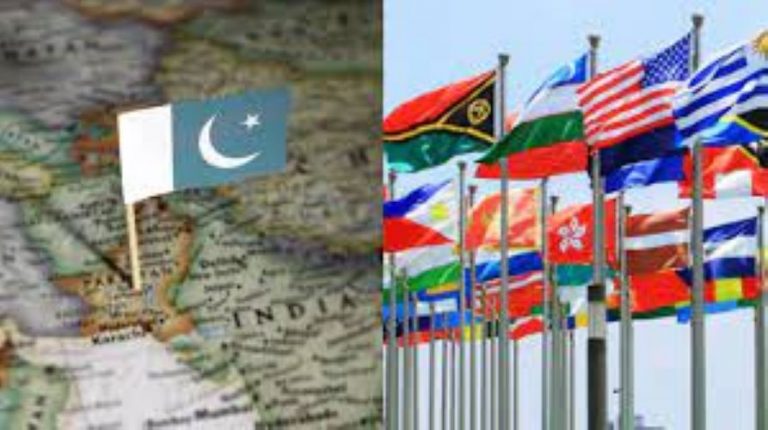
To overcome the challenges on the foreign policy front, Pakistan requires a vigilant leadership with clear vision
Salwa Khokhar
After independence in 1947, Pakistan’s Foreign Policy encountered numerous obstacles and hurdles. Nevertheless, the challenges confronting Pakistan’s foreign policy in the 21st century are far more serious and formidable in nature.
In the decade of globalization, only those nations that possess political stability, technological advancement, and economic strength can effectively compete for a greater role in the international political order.
Foreign policy of a country is aimed at safeguarding its national interests. In that, ensuring and strengthening the country’s security and stability is considered the prime interest. If we step back a bit, we can see that after independence, Pakistan had a greater inclination towards America in the 1950s and 1960s compared to other countries. The reason for this was that Pakistan was a newly born country at that time and needed weapons from America for security purposes, in case India attacked Pakistan. Additionally, Pakistan needed resources and money to establish its infrastructure and economy. Moreover, Pakistan was facing an economic crisis and required foreign aid to stabilize its economy. Our foreign policy was pro-West for 20 years.
When Zulfiqar Ali Bhutto came into power in the 1970s, he improved relations with Russia. If we talk about the 1980s, our tilt was mostly towards the United States because of the Soviet-Afghan War. Additionally, we also improved our relations with other Muslim countries as well. In the 1990s, Pakistan’s leanings were again towards the United States mainly due to its support for the US-led coalition in the Gulf War.
The United States provided military and financial aid to Pakistan in exchange for its support in the war. Pakistan’s tilt towards the United States remained high until 2010.The relationship between Pakistan and the United States has been strained due to several factors, such as Pakistan’s close relationship with China. The United States’ provision of weapons to India has also contributed to this tension, as have Pakistan’s nuclear program and the United States’ decision to stop aid to Pakistan. These issues have been a source of tension between the two countries for many years and have contributed to the ups and downs in their relationship. Regardless, Pakistan’s foreign policy has seen many twists and turns in history.
Pakistan needs to improve its economy and reduce its debt so that foreign donors have less influence over its foreign policy decisions
After examining the history of Pakistan’s foreign policy, we can gain insight into how the country has balanced its regional interests over time.
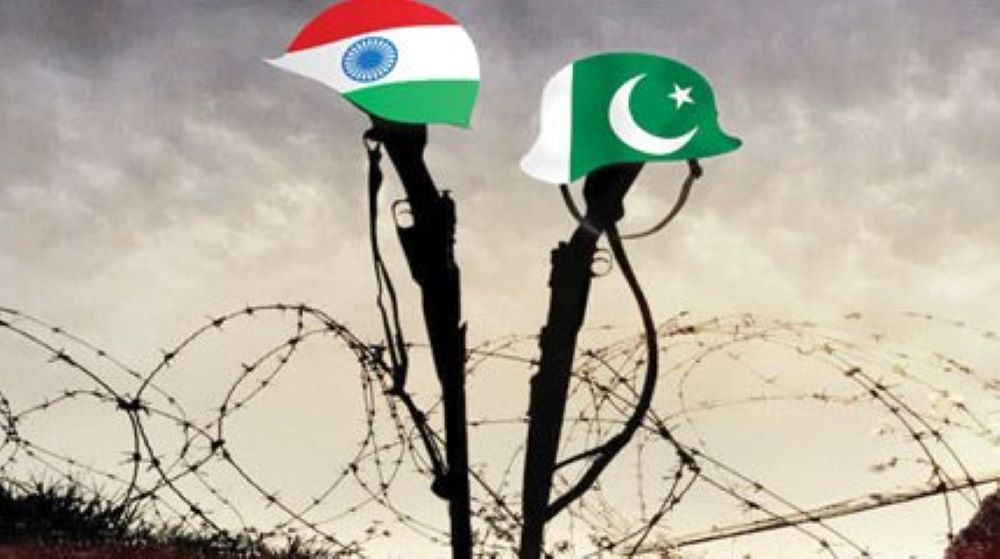 India -Pakistan Relations
India -Pakistan Relations
India-Pakistan relations have been strained for several decades, but the relation between these two unfortunate countries has never been normal. The clashes of their national interests and unresolved issues are the main reasons. Though, Pakistan is trying hard to maintain the balance between India-Pakistan relations. The recent visit of our Foreign Minister, Bilawal Bhutto Zardari, to India could be seen as a step towards improving relations between the two countries and maintaining the balance in the region. However, the Indian government and foreign policy experts have initiated strong efforts to isolate Pakistan on the international stage. This campaign has involved diplomatic efforts, media outreach, and other tactics to build support for India’s position and undermine Pakistan’s credibility. In the recent incident, India made every effort from its side to ensure that the Asia Cup is not held in Pakistan. The country has previously raised objections to sporting events being held in Pakistan, and as a result, only four matches will be played in Pakistan, while the rest will be played in Sri Lanka. In short, Pakistan is losing ground on many fronts. All issues with India should be resolved through a dialogue.
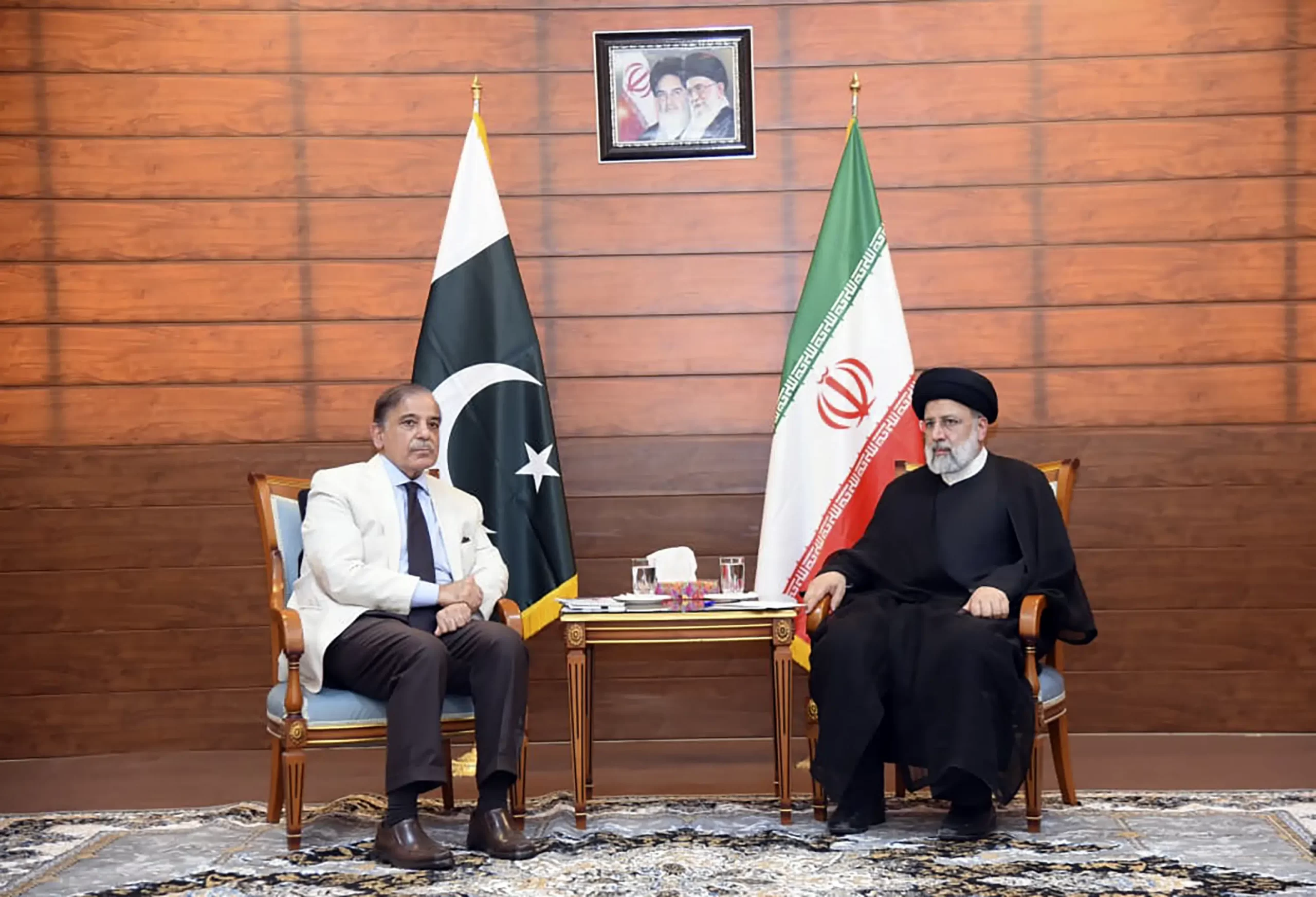
Pakistan-Iran Relations
On the contrary, Pakistan and Iran have a delicate relationship. The reason for the fragile relationship between the two countries is reportedly due to Pakistan’s preference for Saudi Arabia. However, Iran also has its own interests in the region. The relationship between Pakistan and Iran can be described as average or mediocre because both countries share commonality of religion, history, and culture. Iran was the first country that recognized Pakistan immediately after independence, and both countries have supported each other financially, economically, militarily, and politically. Pakistan is a net-energy importer while Iran is a net-energy exporter. In anticipation of the lifting of sanctions on Iran, Islamabad and Tehran have been working together to address Pakistan’s crippling energy shortages by implementing two major projects: a natural gas pipeline and an electricity transmission line. With these two projects, Islamabad and Tehran are taking significant strides towards addressing the country’s energy challenges. Iran apparently presents itself as a competitor; it is important for Pakistan to strengthen its relationship with Iran. Any issues or irritants in the bilateral relations should be addressed systematically and with a clear plan of action.
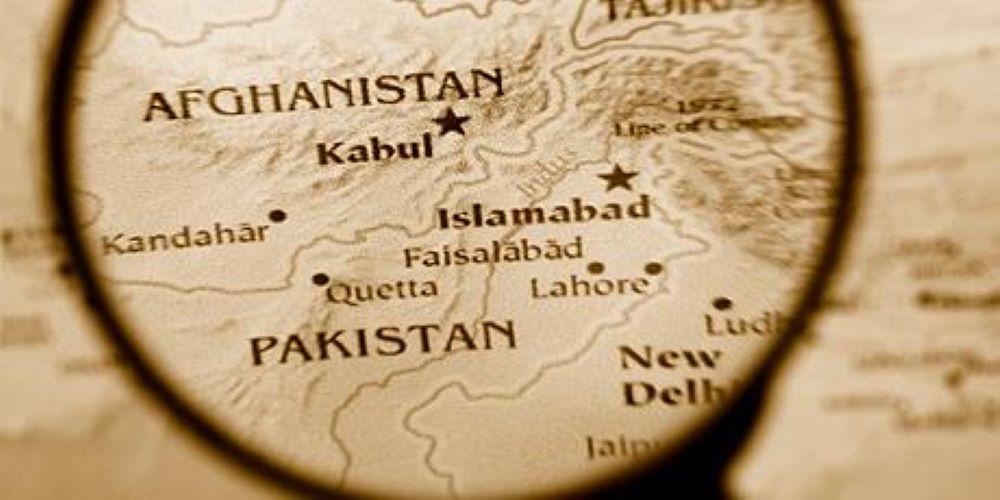 Pakistan-Afghanistan Relations
Pakistan-Afghanistan Relations
If we discuss the relationship between Pakistan and Afghanistan, it has been historically complex and has been marred by mutual mistrust, acrimony, and recurrent blame game. Despite efforts to improve relations, there have been ongoing issues related to border disputes, terrorism, and political tensions. If we examine throughout history, after the creation of Pakistan in 1947, Afghanistan raised objections to its admission to the United Nations. At the time, the Afghan government refused to acknowledge Pakistan as the legitimate inheritor of the territorial agreements that had been reached with British India, leading to ongoing tensions between the two countries. Additionally, the frequent exchange of trivial accusations and baseless mudslinging between Pakistan and Afghanistan has caused them to lose many convergent socio-economic and security interests. This has resulted in a significant loss for both countries, as they have been unable to foster a stronger relationship due to these tensions.
Each time a terrorist attack occurs in Afghanistan, Kabul tends to blame Islamabad, which leads to further deterioration of the bilateral relations between the two countries. On the other hand, the objectionable role of India in Afghanistan is another obstacle to harmonious bilateral relations. There are numerous Indian diplomatic missions in Afghanistan that have been accused of providing arms and funding to insurgent groups, leading to low-level insurgency in Balochistan. Furthermore, caches of sophisticated weapons made in India have been discovered during search operations in militancy-hit FATA. It is evident that Afghanistan’s hostile and obstructive geo-economic policies aimed at targeting Pakistan will have negative consequences for both countries. The two nations are already struggling with high poverty rates, increasing unemployment, persistent terrorism, and growing militancy.
It can be argued that the economic progress and effective security of both Pakistan and Afghanistan are largely dependent on each other’s socio-economic and security conditions. Pakistan cannot take advantage of the growing energy resources in Central Asia without the support of Afghanistan. Similarly, Afghanistan needs access to Pakistan’s transportation and seaport infrastructures for importing goods. So as a whole, Afghanistan is the most important area to be focused on while recalibrating Pakistan’s foreign policy.
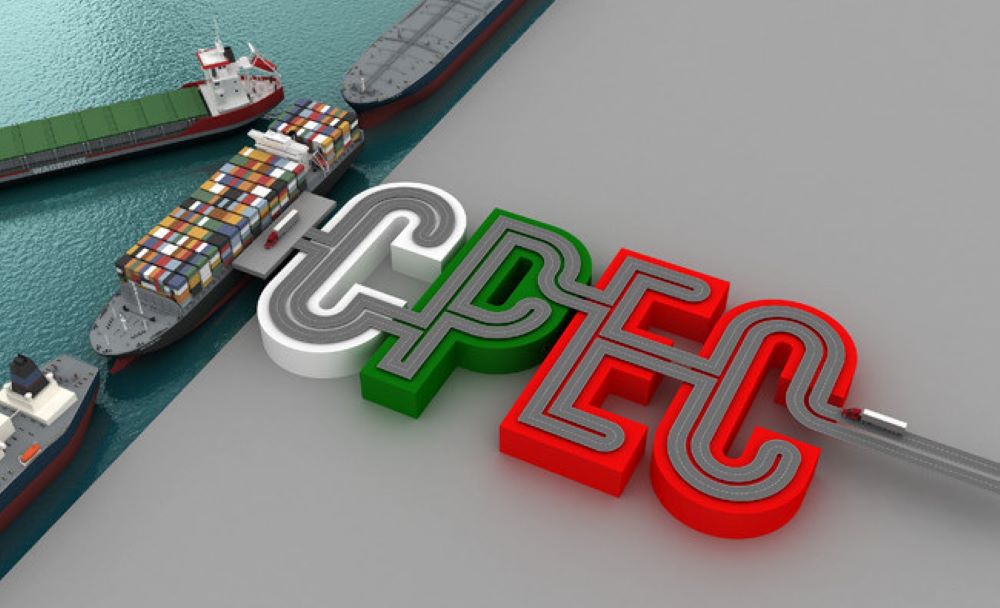 Pak-China Relations
Pak-China Relations
Higher than Himalayas, deeper than deepest oceans, stronger than steel, dearer than eyesight, and sweeter than honey, the relationship between Pakistan and China does not require any introduction. China and Pakistan are not only neighboring countries but are also irreplaceable and ‘all-weather’ and ‘time-tested’ friends. Despite being perceived as an unlikely pair due to their lack of similarities, the coalition between the two countries has a significant impact on the world. Their partnership may have been viewed as a misfit, but it has proven to be a powerful force on a large scale. If we take a glimpse towards history, Pakistan was the first Islamic and third non-communist country in the world to recognize the People’s Republic of China (PRC).Despite significant differences, there are various factors that have kept both countries together. The ‘Indian Factor’ is the primary reason why both nations support each other. Despite the passage of time since the partition of India and Pakistan in 1947, the two countries have not been able to maintain friendly relations.
Similarly, China and India perceive each other as potential threats in their quest for regional hegemony. On the other hand, the economic factor plays a critical role in shaping political relations between Pakistan and China. Pakistan has been a major importer of Chinese goods, and in return, China imports Pakistani leather products, sport items, and textiles. Economic relations between the two states primarily developed during the 1960s, with military and technological assistance, and infrastructure investments being the main area of focus.
China has built the deep-sea Gwadar Port in Pakistan, which is of mutual interest to both countries. The Chinese investment in the China-Pakistan Economic Corridor (CPEC) has become the largest investment ever made by China in Pakistan. China has been providing technological assistance to Pakistan to help overcome its energy shortages. This support includes constructing and building large-scale projects to address the country’s acute energy crisis.
Pakistan should consider reorienting its foreign policy in certain areas
Despite being viewed as an unlikely pairing by some international relations scholars, China-Pakistan relations remain strong. The two countries do not have any border conflicts or historical clashes that could damage their relationship. Rather, the promotion of mutual interests serves as the bond that connects these two nations. Entirely linking the regional states in economic projects will considerably change the outlook of their respective foreign policies. In short, if we examine Pakistan’s engagement with global powers like Pakistan and Russia, Pakistan and Russia have had a complicated relationship, especially during the Cold War when their ideologies were at odds. However, since the 1990s, both nations have made efforts to improve their relations. Recently, they have been working on enhancing economic ties and collaborating on issues related to counterterrorism and defense. There have also been high-level visits between the two countries, including the first-ever visit by a Russian Defense Minister to Pakistan in 2014.On the other hand, Saudi Arabia and Pakistan have had strong relations for decades. The two countries have deep cultural and religious ties, with Saudi Arabia being the birthplace of Islam and Pakistan being a predominantly Muslim country. In addition, Saudi Arabia has provided significant financial assistance to Pakistan over the years, including aid during times of economic crisis. The two nations have also worked together on issues related to regional security, with Pakistan providing military support to Saudi Arabia during the Gulf War in 1991.
Pakistan is a connecting state not only for East and West but also for North and South. It opens a window of opportunity for China and Central Asian countries in the North by connecting them with the Indian Ocean. Moreover, it connects South Asia with Iran, the Middle East, and Central Asia. Lastly, Pakistan can keep strong relations with China and Saudi Arabia and, at the same time, improve relations with India and Iran as well. Pakistan should also focus on Russia, Iran, and Central Asia for its energy needs.
Pakistan should consider reorienting its foreign policy in certain areas. To overcome the challenges on the foreign policy front, Pakistan requires a vigilant leadership with clear vision. Additionally, Pakistan needs to improve its economy and reduce its debt so that foreign donors have less influence over its foreign policy decisions.
_________________
Salwa Khokhar is BBA student at Shaheed Zulfiqar Ali Bhutto Institute of Science & Technology, Larkana Campus